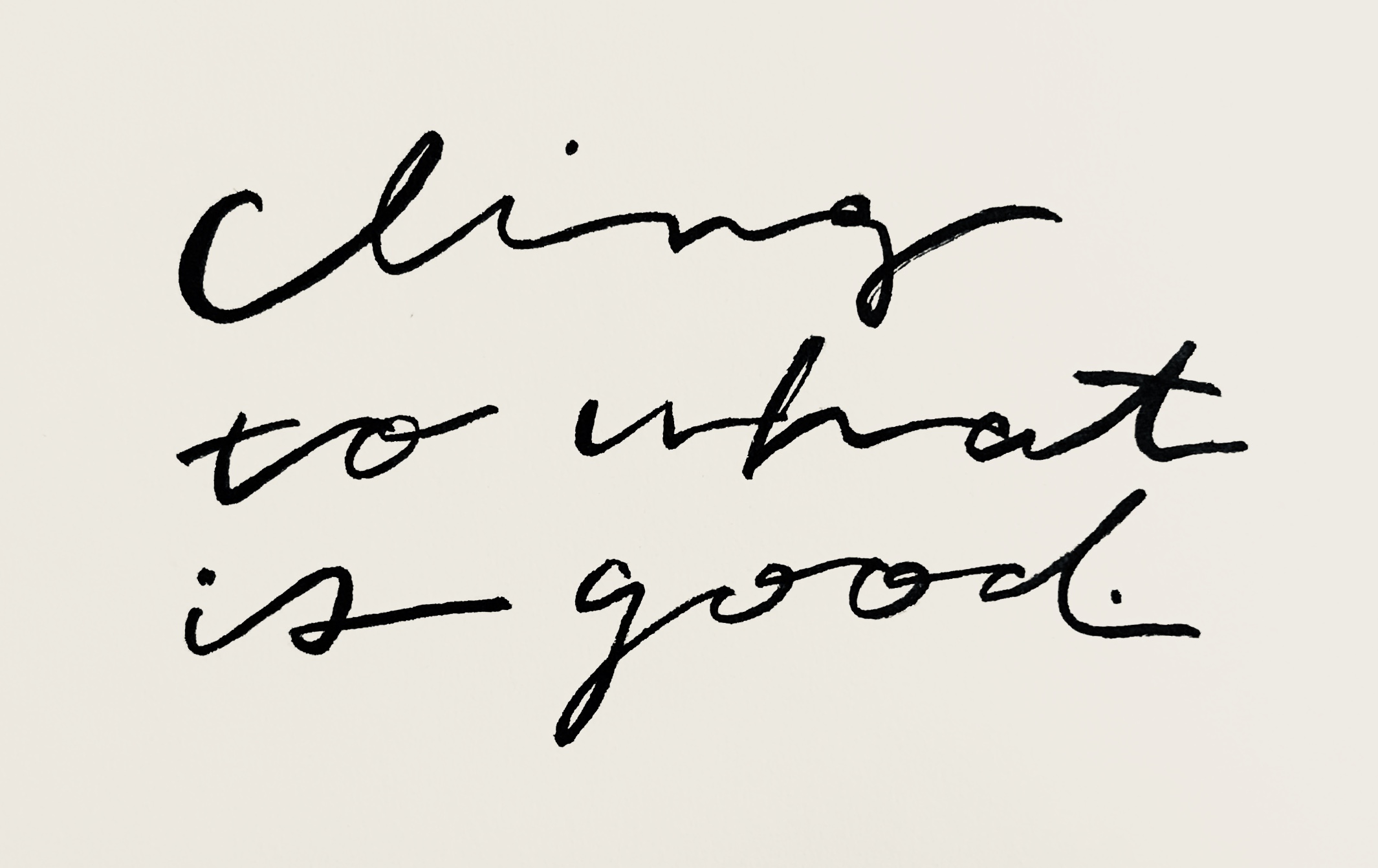The unique story Jesus tells about the seed that grows in secret is an important reminder about how growth in virtue and holiness are essentially caused by grace. We can be under the illusion that our becoming holier or better people is somehow up to us. Sometimes we priests even hear in confession, “I haven’t been the best version of myself.” I would like to tell those people, for one, that it isn’t up to them how and when they become the best version of themselves. Second, I would like them to know that only God knows what we will become – so we couldn’t possibly know what the best version of ourselves looks like. “Beloved, we are God’s children now; what we shall later be has not yet been revealed. We do know that when it is revealed we shall be like him, for we shall see him as he is.” Grace is not something that we can either control or muster by our willing or trying. Grace does its own work just like the life and growth of a plant: all is contained within the seed, we can help make sure the conditions are present for growth to happen, but that growth happens from a vital cause hidden within the seed.
Tuesday of the Eighth Week in Ordinary Time
 In yesterday’s Gospel, Jesus showed us the dangers of riches and the difficulty involved in not becoming attached to wealth. Today’s Gospel further cautions us against inventing an easy temporal explanation for how things will be. For Peter and the Apostles who “gave up everything to follow Christ,” Christ tells them that they will receive even more back already in this life. How absurdly paradoxical! Giving up everything then receiving one hundredfold back. Jesus doesn’t say, “become poor so that you can remain poor.” It isn’t that simple. Nor does He say, “Give up your material possessions and wealth so that you will have a spiritual one instead.” Here Jesus says, “Whoever gives up possessions in this life will receive one hundredfold in this life and eternal life in the next.” You almost want to call the rich young man back and tell him, “Hey! If you give it all up you will receive it all back one hundredfold!” Since the point is not about whether or not we have wealth (though having it is more difficult than not) it is better for those who have given all to follow Christ to learn how to use wealth well when it returns a hundredfold. This is what stewardship is all about: we must begin to see everything we have, all our resources and relationships, as gifts from God to be used according to His good will and pleasure as opposed to our own selfish desires.
In yesterday’s Gospel, Jesus showed us the dangers of riches and the difficulty involved in not becoming attached to wealth. Today’s Gospel further cautions us against inventing an easy temporal explanation for how things will be. For Peter and the Apostles who “gave up everything to follow Christ,” Christ tells them that they will receive even more back already in this life. How absurdly paradoxical! Giving up everything then receiving one hundredfold back. Jesus doesn’t say, “become poor so that you can remain poor.” It isn’t that simple. Nor does He say, “Give up your material possessions and wealth so that you will have a spiritual one instead.” Here Jesus says, “Whoever gives up possessions in this life will receive one hundredfold in this life and eternal life in the next.” You almost want to call the rich young man back and tell him, “Hey! If you give it all up you will receive it all back one hundredfold!” Since the point is not about whether or not we have wealth (though having it is more difficult than not) it is better for those who have given all to follow Christ to learn how to use wealth well when it returns a hundredfold. This is what stewardship is all about: we must begin to see everything we have, all our resources and relationships, as gifts from God to be used according to His good will and pleasure as opposed to our own selfish desires.

